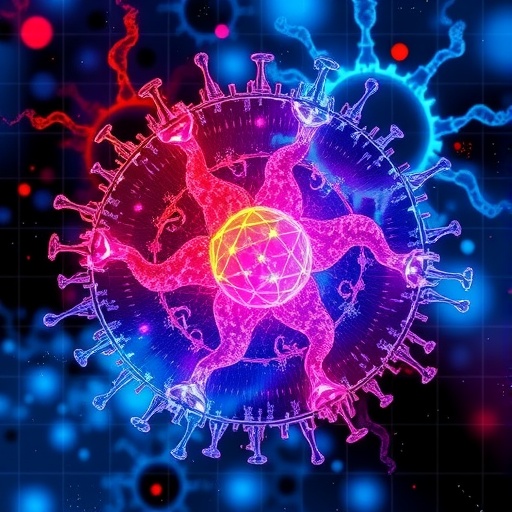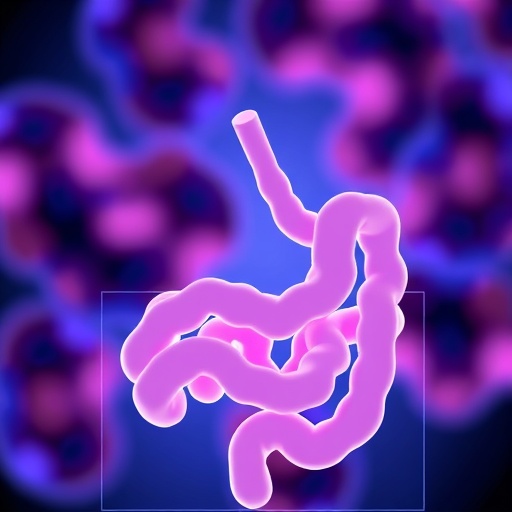Failing an exam at school, getting rejected for a job or being screamed at by your teacher or superior are only a few examples of situations that may cause despair, disappointment or a sense of failure. Unfortunately, such set-backs are part of anyone's life and can start early-on. However, dealing with adversity throughout a lifetime is a reality that some seem to be managing better than others.
Where some give-up or crumble at the sight of a difficulty, others have levels of resilience that allow them to preserver and to stay calm under pressure. This often gives them the cutting edge to draw onto their resources and to readjust as needed while a less resilient person may become emotional, panic and lose control. What makes the difference?
First of all, resilience is an acquired skill rather than a fixed character trait. This means that it can be learned and involves working on behaviours, thoughts and actions. This may be easier said than done, especially when it comes to young people that are at high-risk of social exclusion. How can resilience be acquired effectively?
In a recent study entitled "Relationship between Resilience and Self-regulation: A Study of Spanish Youth at Risk of Social Exclusion" published in Frontiers in Psychology, Professor Raquel Artuch-Garde from the Universidad Internacional de La Rioja (UNIR) in Spain et.al. analysed whether self-regulation would be a good predictor of resilience. They looked at 365 Spanish students aged 15-21 years, who are marked by academic failure, and who, without the necessary qualifications, find access to the job market later on very much restricted.
"We wondered whether these students would survive better in the system if they were prepared to overcome adversity. The research shows the relationship between two essential non-cognitive skills: resilience and self-regulation that are equally or even more important than cognitive aspects in the educational process of students at risk of social exclusion." says Professor Artuch-Garde.
In fact, the relationship was significant as learning from mistakes was a major predictor of resilience, in particular coping and confidence, tenacity and adaptation as well as tolerance to negative situations. The study shows that helping these young people to bounce-back from adversities by acquiring self-regulation skills such as setting goals and adjusting their path after a misstep, equips them better to do well in school and in life.
The results according to Professor Artuch-Garde illustrate "the importance of working on students' strengths that go beyond the academic or technical areas and which help them to cope positively with the adverse situations that they encounter in their lives."
She further concludes "By working on self-regulation skill of students at risk, we encourage their resilient capacity to build an optimistic life plan and to preserver, which in turn reduces drop-out rates that lead to social exclusion."
###
Media Contact
Melissa Cochrane
[email protected]
41-787-246-393
@frontiersin
http://www.frontiersin.org
############
Story Source: Materials provided by Scienmag




